
James Farmer QC, LL.M (Hons) Auckland, Ph. D Cambridge
Also published in LawNews Issue 14, 14 May 2020
Family First Comment: Excellent commentary and analysis from a Lawyer (published in the latest LawNews of the Auckland District Law Society) who has examined the proposed cannabis legislation in detail – and highlights “the inherent contradictions of the bill and its failure to achieve its stated goal of reducing harm from cannabis use by allowing adults to cultivate and use cannabis without legal sanction”. James Farmer QC concludes:
“No doubt the middle classes who fashionably use cannabis for their recreation will happily bear the extra costs of, and enjoy the greater access, to their habit and also be relieved that their reputations are no longer at risk from prosecution. The harm that is being done with the growth of the cannabis, meth and heroin markets elsewhere is to them someone else’s problem.”
Read this excellent article.
This Bill does not absolutely legalise cannabis. It does so only in the limited sense that it allows adults to cultivate limited amounts of cannabis for their own use under strict conditions including limiting consumption to their own homes and to special cannabis cafes. It also permits and regulates cannabis production, wholesale distribution and licensed specialist cannabis retail outlets. Further, it controls price, quantity sold and potency and imposes excise tax and a levy intended to fund services “that will assist in reducing the harm caused by cannabis use”. In short, the more cannabis that is sold and used, the more money that will be raised to apply in measures to reduce the harm that is being caused.
There is a very long list of offences, which can lead to prosecution and conviction with a fine or in some cases imprisonment, in the Bill. These include: home-growing more than permitted (fine or imprisonment if more than 10 plants: cl. 24), possessing more than 14 grams in a public place or in a vehicle (cl.29), supplying or purchasing more than 14 grams per day (cls.31, 36), possessing cannabis under the age of 20 (cl. 32), supplying or offering to supply a person under the age of 20 (cl. 35), selling to a person under the age of 20 (fine or imprisonment: cl. 38), consuming cannabis in a public place or in a vehicle (cl. 37), selling cannabis without a license (fine or imprisonment: cl. 39), supplying by mail or courier (cl. 40), importing or exporting (fine or imprisonment: cl. 41), exposing a person under 20 to cannabis emissions or vaping (cl. 43).
One very serious anomaly is that this Bill, if enacted, will emasculate the very beneficial provision that was enacted in August last year referred to above, namely section 7(5)(6) of the Misuse of Drugs Act. That provision applies to all drug offences, affirms prosecutorial discretion and directs that a prosecution should not be brought for possession or use unless it is in the public interest to do so. In that respect, consideration must be given “to whether a health-centred or therapeutic approach would be more beneficial to the public interest”. Clearly, given the option of prosecution or voluntary submission to counselling, medical or other therapeutic assistance, most if not all offenders who are apprehended will take the latter. That is what is envisaged also in the Bill in the case of youth offenders who are subject to an infringement fee or fine but will be waived if the offender engages with a support service.
Under the Bill, however, it will no longer be an offence for an adult to possess or use cannabis (within the allowable limits) and so there will be no ability to incentivise a user to seek health or therapeutic assistance to deal with what may well be harmful effects from regular cannabis use or addiction. In its campaign for the Bill to be supported at the referendum, the Green Party seems to have overlooked the fact that, if passed, the Bill will be destroying the benefit that section 7(5)(6) of the 2019 amendment achieved when it was enacted last year, an enactment which its spokesperson described at the time as “a triumph for compassion and a triumph for common sense”.
So will this Bill, if it passes the referendum hurdle and is enacted, achieve its other main objective claimed by its supporters – the elimination of the Black Market and, with it, a safer drug for those desperate for that form of recreation? I refer above to the American experience which has been that the drug lords have simply switched cultivation and supply to a more potent and cheaper drug that undercuts the price of regulated and lawful marijuana with the result of a substantial increase in deaths from drug use. In New Zealand, it will not be difficult for meth manufacturers and sellers to do the same. Cannabis will be subject to regulatory costs, to excise tax, to the levy and then income tax that licensed growers, distributors and retailers are not able to avoid. The meth and heroin markets do not have regulatory, excise or other tax costs. Nor do illegal cannabis suppliers who will have little difficulty in undercutting the regulated product and increasing its THC potency beyond the regulated limit for those who want a bigger kick.
That has been the Canadian experience to date. Those who cite Canada as a success reform story should read the following recent account of the Canadian experience from The Guardian:
https://www.theguardian.com/society/2020/apr/05/stoners-cheered-when-canada-legalised-cannabis-how-did-it-all-go-wrong
The journalist who researched and wrote this piece said: “… all drug [reform] laws are unworkable, illogical, unjustifiable, unscientific, counterproductive and generate unintended consequences – in fact, drug laws often create the exact opposite outcome to those desired.”
There is another perspective of the relationship between legally and regulated produced and sold cannabis and black market cannabis which, once stated, is obvious. The point was made by Patrick Cockburn, who refers to the body of scientific research that establishes a firm link between cannabis use and the onset of schizophrenia (as to which see also the Judgment of Jagose J in The Queen v. Brackenridge [2019] NZHC 1004), and then says (https://www.independent.co.uk/voices/cannabis-legalisation-psychosis-billy-caldwell-william-hague-schizophrenia-a8410581.html):
“…legal restrictions alone will not stop … people who take cannabis from going on doing so. But the legalisation of cannabis legitimises it and says a message that the government views it as relatively harmless.”
And on the subject of the legislating to eliminate the black market, he says:
“The legalisation of cannabis might take its production and sale out of the hands of criminal gangs – [as stated above, I would suggest not entirely] – but it would be put into the hands of commercial companies who want to make a profit … and increase the number of their customers. Commercialisation of cannabis has as many dangers as criminalisation.”
Drs Robin Murray and Wayne Hall have recently researched the increase in the use of cannabis in those States in America that have legalised cannabis and found that the risk of dependence among those who use cannabis was estimated at 9% in the 1990s but is now closer to 30% with attendant increases in such harmful effects as cognitive impairment and effects on the unborn child by women who use it to combat nausea. They also refer to some evidence of increased risks of depression and suicide but then say that “by far the strongest evidence concerns psychosis [including] an increased risk of later schizophrenia-like psychosis”: Will Legalization and Commercialization of Cannabis Use Increase the Incidence and Prevalence of Psychosis, (American Medical Association, JAMA Psychiatry, 8 April 2020).
No doubt the middle classes who fashionably use cannabis for their recreation will happily bear the extra costs of, and enjoy the greater access, to their habit and also be relieved that their reputations are no longer at risk from prosecution. The harm that is being done with the growth of the cannabis, meth and heroin markets elsewhere is to them someone else’s problem.
James Farmer QC
READ MORE: http://www.jamesfarmerqc.co.nz/legal-commentary/will-the-proposed-cannabis-legislation-achieve-its-overarching-objective-of-reducing-the-harms-assoc

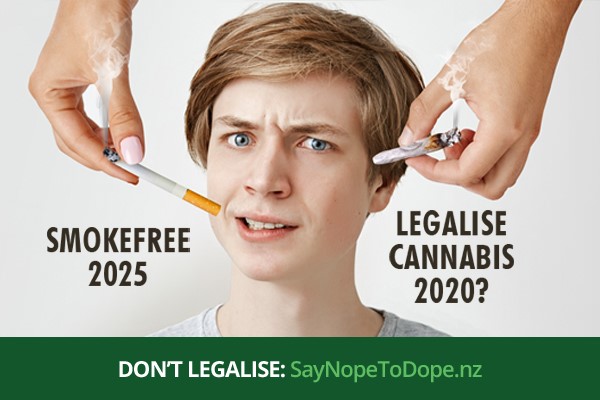

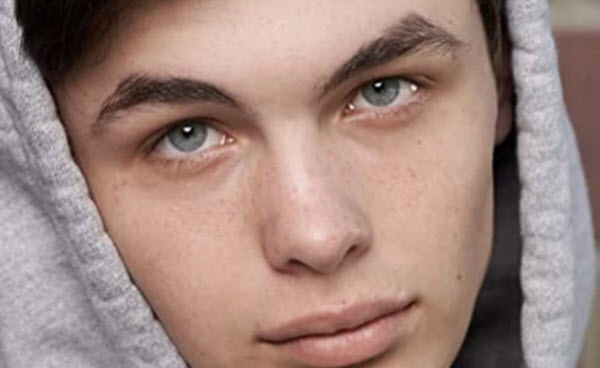



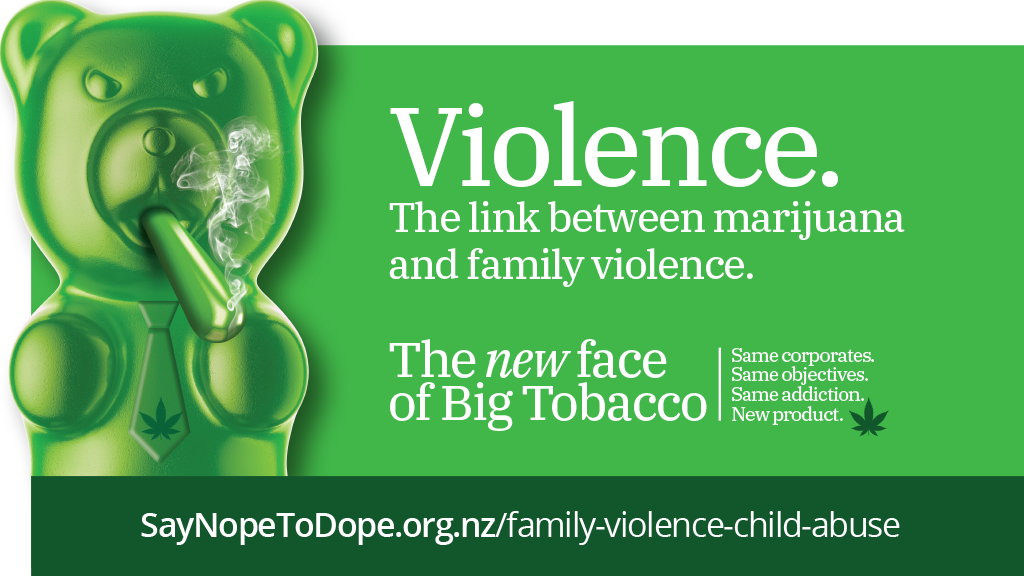
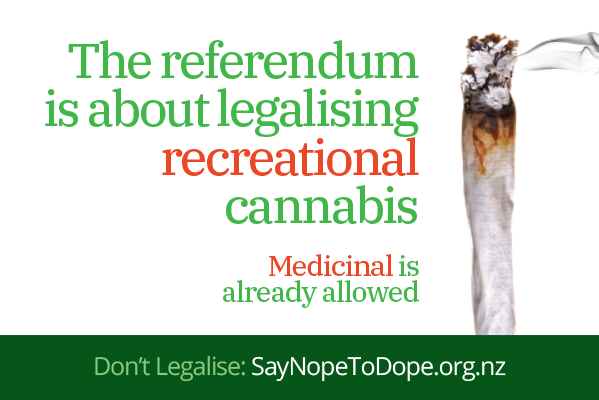
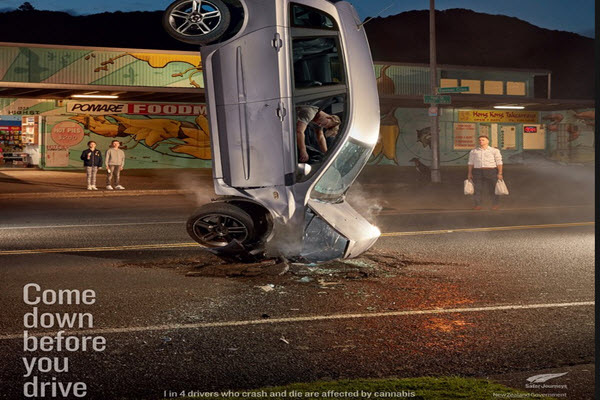
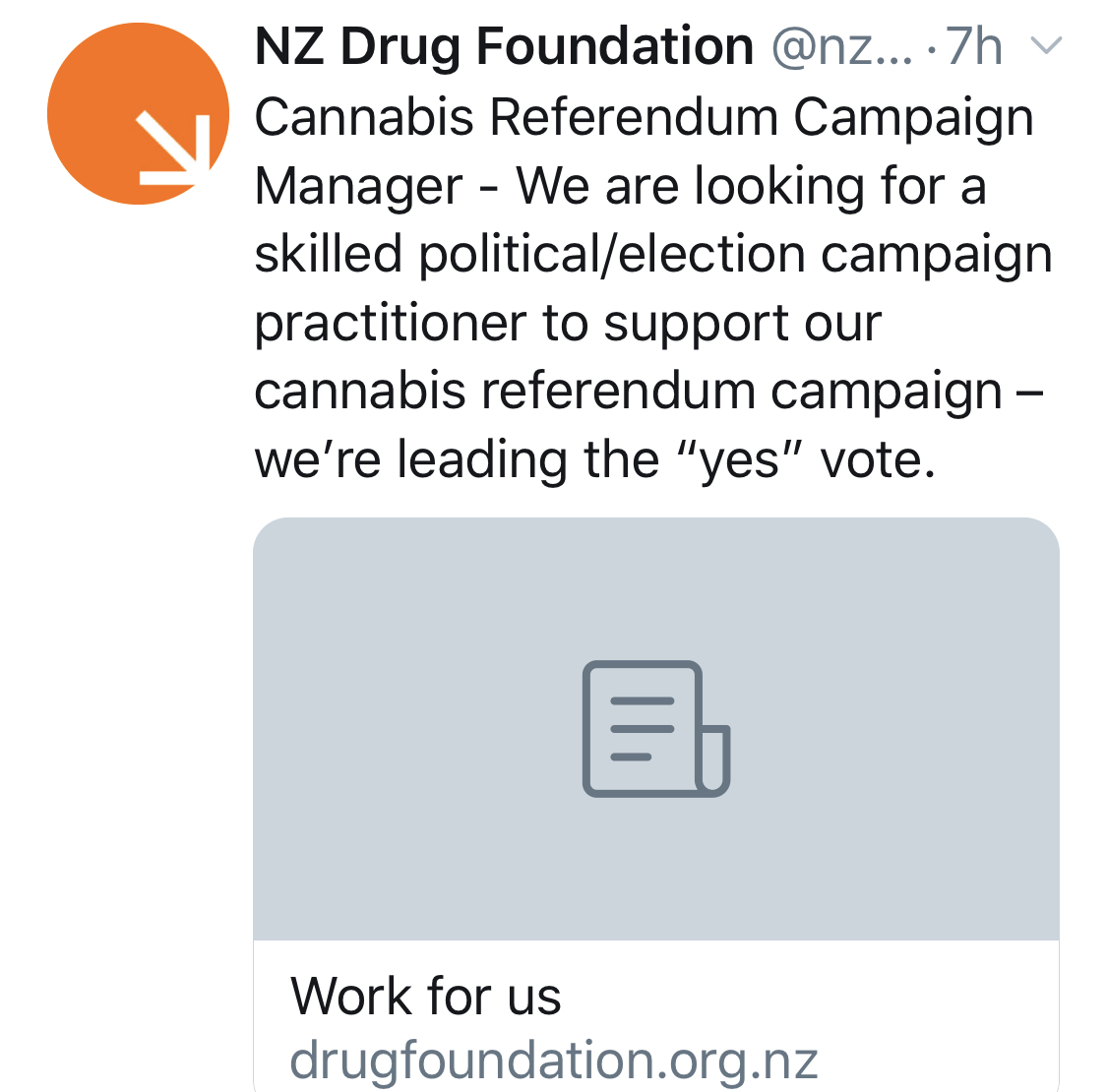
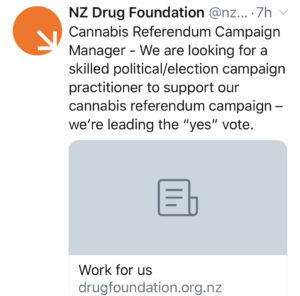 Media Release 10 May 2020
Media Release 10 May 2020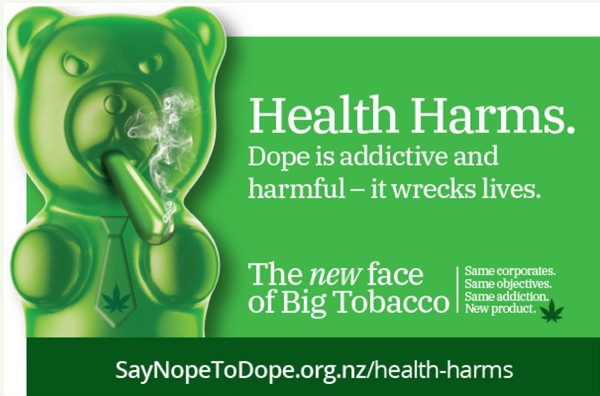
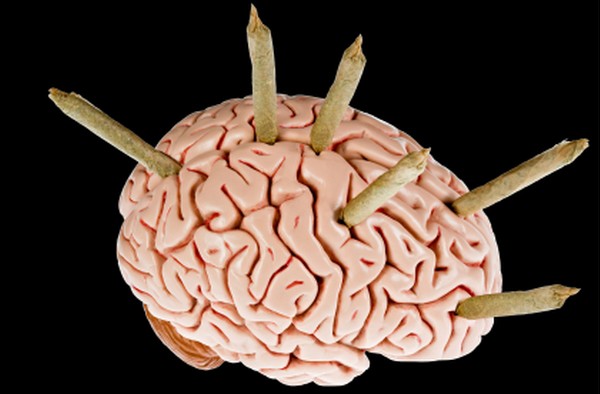
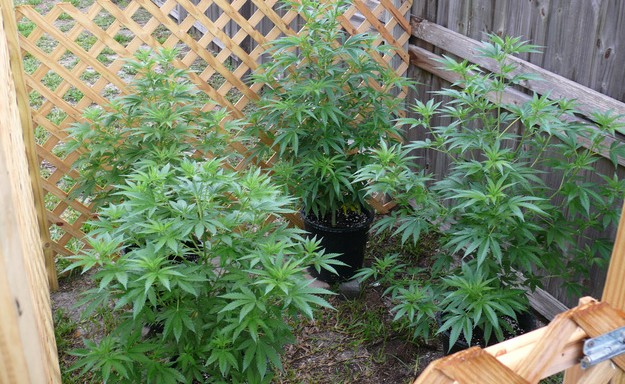
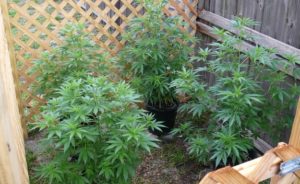 ANY PERSON WILL BE ALLOWED TO GROW TWO PLANTS FOR PERSONAL USE, TO A LIMIT OF FOUR PER HOUSEHOLD
ANY PERSON WILL BE ALLOWED TO GROW TWO PLANTS FOR PERSONAL USE, TO A LIMIT OF FOUR PER HOUSEHOLD